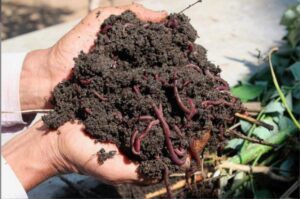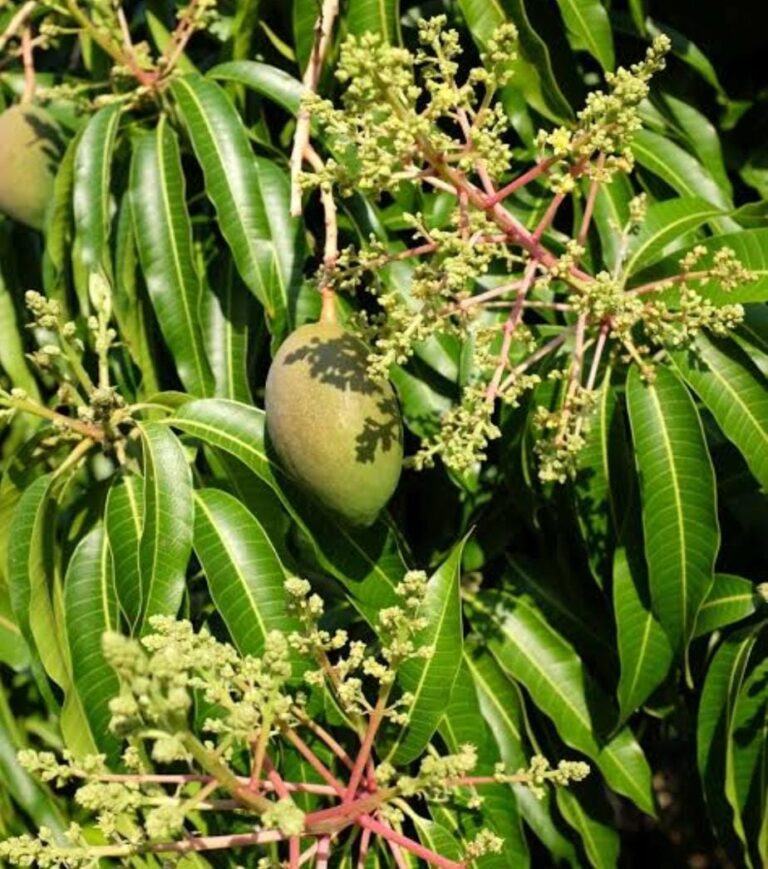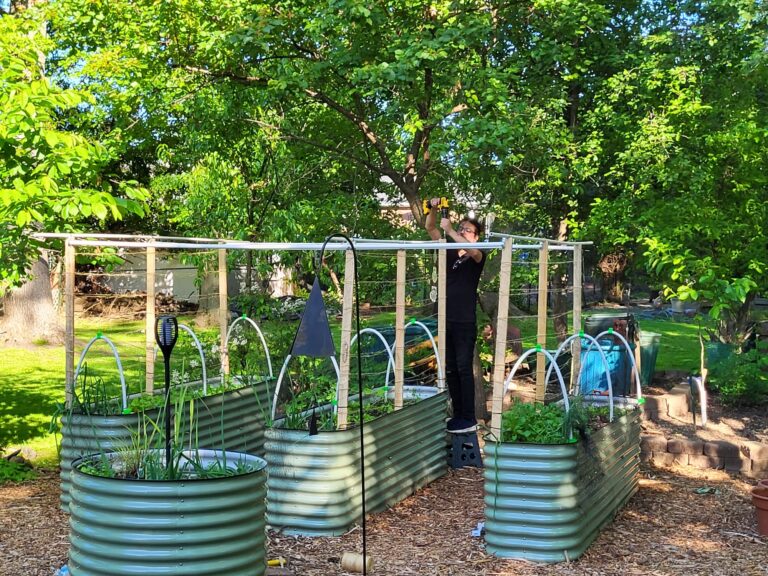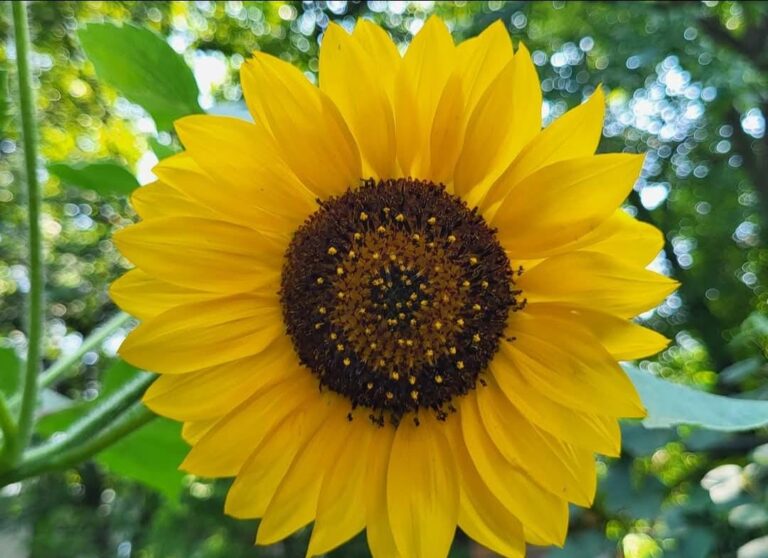Beyond The Bin: 7 Steps to Deal With Environmental Challenges
Every tiny move toward sustainability counts in a society beset by environmental challenges. Repurposing domestic leftovers has emerged as a transforming strategy to cut waste while nourishing the environment with the aim of sustainable living. Home gardening, which is a favorite hobby for many people and I am one among them, can be an effective tool in the fight against waste and pollution and overcome the environmental challenges. You can develop a thriving and sustainable garden in your backyard by reusing domestic refuse. This not only minimizes your carbon footprint but also promotes a more conscious and environmentally conscientious lifestyle. Let’s look at the various ways you may cleverly include household scrap into your gardening routine, opening you to a world of possibilities for long-term culture and growth.

Composting

Composting is the foundation of sustainable gardening. Making nutrient-rich compost from kitchen trash such as fruit peels, vegetable scraps, and eggshells not only decreases landfill pressure but also improves the soil. A well-balanced compost pile requires a mix of green and brown waste, such as fruit and vegetable scraps and shredded paper or tree leaves. As these leftovers degrade, vital nutrients that promote healthy plant development are released. Composting is an environmentally friendly approach to improve the fertility of your garden soil and ensure that your plants thrive naturally and organically and also play a major role in usual and unusual environmental challenges.
Mulching

Instead of putting them in recycling or garbage bins shredded newspapers, cardboard, and dried leaves can be recycled as mulch, which is an efficient method for retaining soil moisture and reducing weed development. Mulch, by forming a protective layer over the soil, protects plant roots from severe temperatures and reduces water evaporation, increasing water conservation. It enriches the soil as it decomposes, contributing to its general health and vitality. This low-cost solution not only improves the aesthetic appeal of your garden but also promotes a self-sustaining ecosystem in which your plants may thrive.

Creative Container Cultivation
The repurposing of household discarded materials into plant pots is central to innovative gardening. Using the notion of upcycling, you can give new life to outdated containers such as plastic bottles, tin cans, and wooden boxes by converting them into one-of-a-kind plant pots. These reused containers give a personalized and eco-friendly touch to your garden with a touch of creativity and a burst of color. By repurposing abandoned materials, you not only help to reduce trash, but you also give your garden a unique charm and character. In my case, our local lumber store gives me lumber for free that they can’t sell because of discoloration or not being aesthetically perfect. I have been converting that into raised gardens and other garden projects.
Rainwater Resurgence Is The Solution For Environmental Challenges
Water conservation is critical in sustainable gardening, and using household containers for rainwater gathering can make a substantial contribution to this objective. Reusing barrels, buckets, and other containers to collect rainwater is a simple and cost-effective irrigation solution for your garden. Rainwater, which is free of the toxins present in tap water, naturally nourishes plants and promotes robust development. Rainwater collecting not only reduces your environmental effect but also ensures a steady and reliable source of water for your garden, especially during dry seasons.
Note: Do check with your local authorities if it is legal to collect rainwater.
Vermicomposting

Vermicomposting is a realistic and efficient alternative for gardening enthusiasts with limited outdoor space. You can turn kitchen trash like vegetable peels, tea bags, and coffee grounds into nutrient-dense vermicomposting by harnessing the power of composting worms. Worm castings act as organic fertilizer, improving soil structure and giving necessary nutrients for plant growth. Vermicomposting not only eliminates household waste but also produces a powerful and long-lasting soil amendment that promotes a thriving garden, even in small spaces.
Cultivating Consciousness

The four steps towards raising your consciousness are to be awakened, to live mindfully, to have self-intention, and to act consciously. Incorporating household wastes into home gardening goes beyond waste management to embody a philosophy of mindful living and responsible planet stewardship. Individuals can actively engage in the worldwide effort to prevent environmental deterioration and battle climate change by adopting these sustainable behaviors. This thoughtful approach not only promotes plant development but also fosters a greater knowledge of the subtle balance that exists between human existence and the natural world. It instills a deep awareness of the transformational power of seemingly small household scraps, reawakening a sense of purpose and interconnectedness with the environment.
Revitalizing Gardens, Revitalizing Communities
Aside from environmental benefits, incorporating household scraps into home gardening has the potential to increase community engagement and empowerment. Community gardens that embrace the usage of household garbage provide a platform for education and collaboration, allowing people to join together and contribute to a shared goal of sustainability. Communities may build a feeling of environmental responsibility and communal well-being by sharing knowledge, resources, and experiences, fostering a deeper connection with nature, and encouraging a greener, more harmonious way of life. If I say that it is one of the best solutions to deal with environmental challenges then hopefully everyone will be on my side and agree with me. A small garden could play a vital role in society and coop with the environmental challenges.

Conclusion
Let us go on a journey of environmental consciousness, environmental challenges, and sustainable living as we embrace the transformational power of household scraps in home gardening. We not only reduce trash but also fill our landscapes with natural, organic nourishment by composting, mulching, creative container cultivation, rainwater harvesting, and vermicomposting and play our role in dealing with environmental challenges increasing with time. Let us continue to harness the power of household waste to revitalize our gardens and renew our commitment to conserving the world for future generations. One garden at a time, we may sow the seeds of a greener, more sustainable tomorrow.
Disclaimer
The content provided on this website is purely for educational purposes. We are neither nutritionists nor do we intend to mislead our readers by providing any medical or scientific information.







